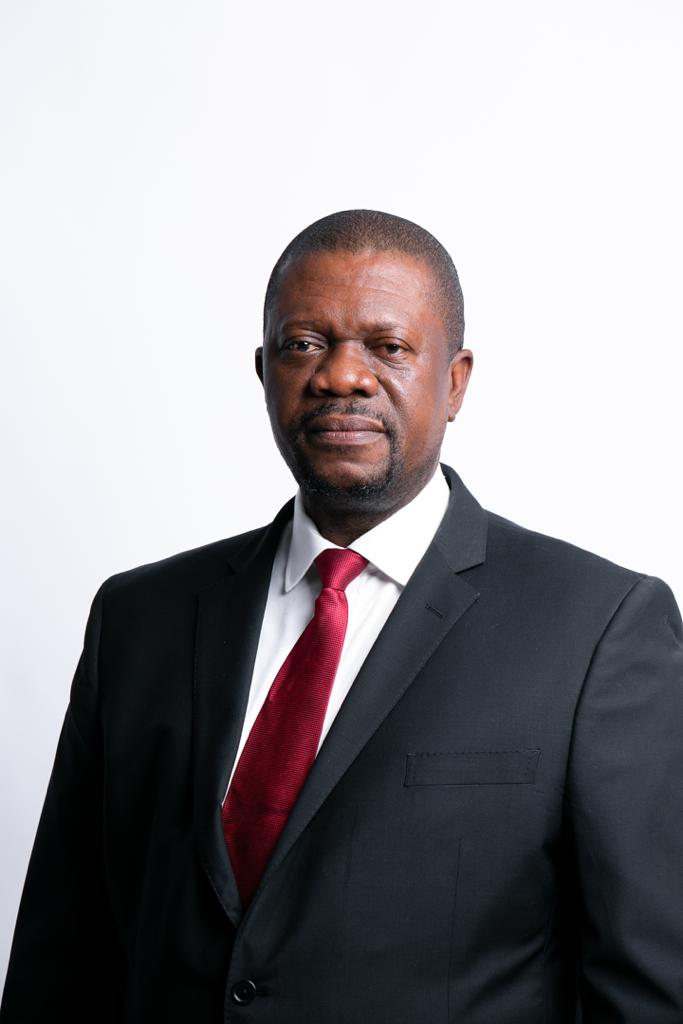Ghana’s power transmission company, GRIDCo, the entity responsible for operating and managing the West African nation’s National Interconnection Transmission System (NITS) has planned to invest US$990 million in several projects between 2023 and 2027 to ensure power transmission reliability.
Currently, GRIDCo has a total transmission network of about 6472.23 kilometres. Among the projects GRIDCo wants to undertake in the medium term to improve power reliability, minimise system interruptions, lower transmission losses and be able to meet increasing demand are Dunkwa Substation project, 3rd Kumasi Bulk Supply Point (BSP), Upgrading of 161kV Western Corridor Transmission Lines (Aboadze-Takoradi, Takoradi-Tarkwa, Tarkwa-New Tarkwa, New Tarkwa-Prestea, Bogoso-Dunkwa, Dunkwa-New Obuasi, Dunkwa-Ayanfuri, Ayanfuri-Asawinso, construction and upgrading of 161kV middle corridor transmission lines (Akosombo-Tafo, Tafo-Nkawkaw, Nkawkaw-Konongo, Konongo-Kumasi, 161kV Mallam to Pokuase (A4BSP) Transmission Line, 330kV Pokuase-Nkawkaw-Anwomaso Project (Transmission Line and Substation).
This is contained in the Multi-Year Major Tariff Review (2022-2027) proposals submitted to the country’s utility regulator Public Utilities Regulatory Commission (PURC) for consideration.
Making a case for its demand for a 48 per cent increment in transmission service charge, GRIDCo stated that the “current tariff of 0.060398GHS/kWh does not adequately reflect the cost of GRIDCo’s operational activities.
“The tariff granted by PURC since July 2019 has depreciated in US Dollar terms from 1.0915 US Cents/kWh in 2019 to 0.8492 US Cent/kwh in March 2022 notwithstanding increases in Regulatory Asset Base over the years.”
It noted that the cost of maintaining the legacy assets and upgrading the transmission infrastructure to reduce congestions within the NITS have become increasingly expensive over the years. It said the objective underpinning its Tariff Proposal is to obtain a cost-reflective tariff that would enable GRIDCo to improve the service levels and quality thresholds, and importantly enhance the company’s sustainability.
“A cost-reflective transmission tariff will ensure a reliable and stable NITS which will restore confidence in Ghana’s power system for sustainable economic development,” GRIDCo said.
The power transmitter explained that should their proposed tariff be approved, they would be able to upgrade the existing low-capacity infrastructure to improve the power transfer capability of the NITS to eliminate congestion within transmission corridors as well as overloads at BSPs.
It said adequate redundancy would also be created to reliably meet the projected demand such that an outage of an element on the NITS would not result in a customer outage. To meet the increasing demand for power, GRIDCo said the construction of new lines, provision of higher capacity transformers to existing substations and development of new substations would enable GRIDCo meet increasing demand at a rate of 8-10 per cent per annum driven by economic growth.
According to GRIDCo, the implementation of the medium-term projects, siting generation facilities on the NITS close to load centres (especially Kumasi and the North), as well as optimising generation dispatch, would also enhance the transmission loss reduction to improve efficiency.
Speaking at the Public Hearing for the Multi-Year Major Tariff Review (2022-2027) in Accra, the Manager in charge of Strategy and Risk Compliance at GRIDCo, Samuel Kow Acquah, said that the company had not been able to get funding for their projects due to the low tariffs granted it by PURC at the last major review.
“We expect that the ministry will help us with policy directions on financing,” Mr Acquah suggested.
The Chief Executive Officer of the Chamber of Independent Power Producer, Distributors and Bulk Consumers Dr. Elikplim Kwabla Apetorgbor urged PURC to consider and approve GRIDCo’s request for increment in its transmission service charge.

Source: https://energynewsafrica.com















